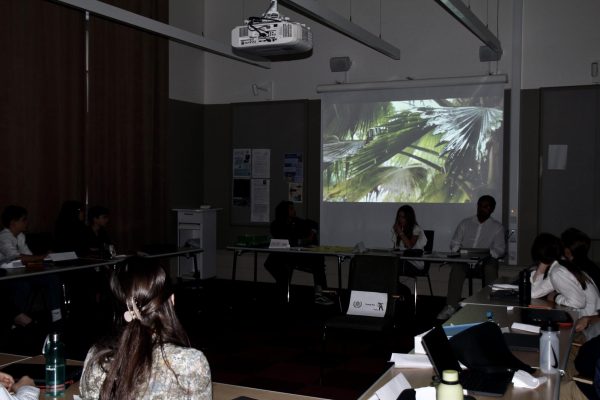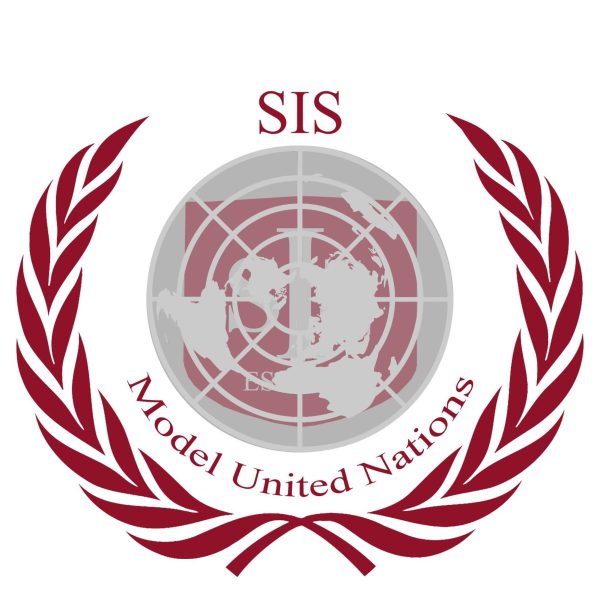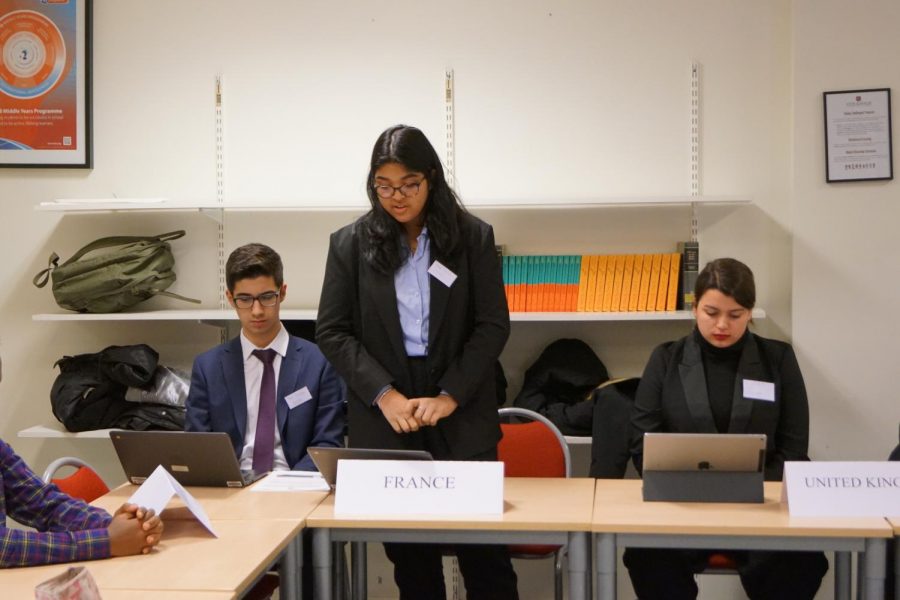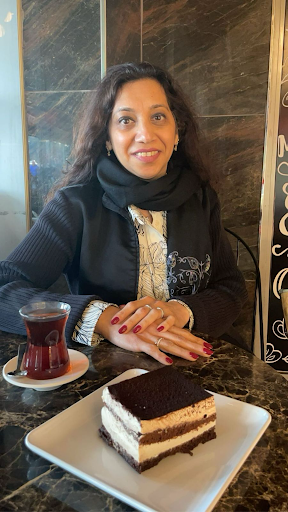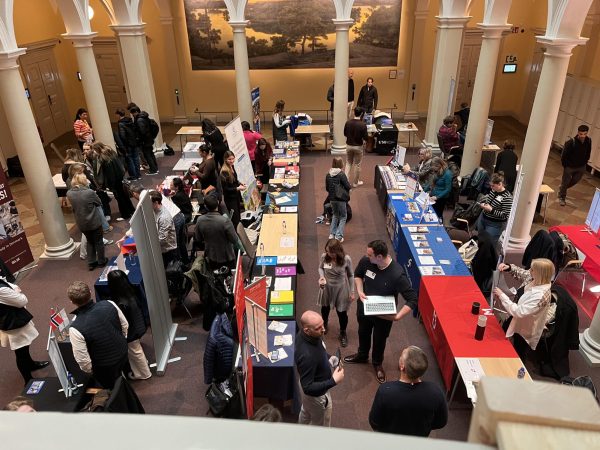Reproductive Rights in Africa, a Burning Issue and How to Solve It
After a thorough discussion, the delegates in the Human Rights Council got time to come up with clauses they were going to introduce. After recess, the clauses have been presented and any issues that other countries have with them were brought up.
Brazil was the country that introduced the most clauses, with an impressive number of 11. Most of them were focused on sexual education and how important it is to educate kids from a young age about reproductive health. Information on contraceptives, type, effects would all be included under the term. Importance of regular medical checkups has also been brought up. Each country should make sure that the educational methods that are introduced give people knowledge about where they can find healthcare and different methods of healthcare.
India, France, Saudi Arabia and the Philippines all raised points of information and questions about Brazil’s clauses. France inquired on how Brazil wants to fund the building of health clinics in rural areas. There was a debate about genital mutilation between the country of Brazil and Saudi Arabia, where the delegate of Saudi Arabia didn’t agree on the clause that would make genital mutilation illegal. The matter of abortion sparked an intense discussion as each country has a very different opinion on the topic. France was strongly arguing for legalising abortion, whereas Saudi Arabia was strongly against and would only consider it legal only when the pregnancy is a direct threat to a woman’s life.
Points were raised at almost every clause which resulted in many discussions, that were really interesting to follow. It was clear that delegates came prepared as they were able to answer every question and come up with solutions on the spot. Many clauses raised discussions, which resulted in as many amendments being introduced.


